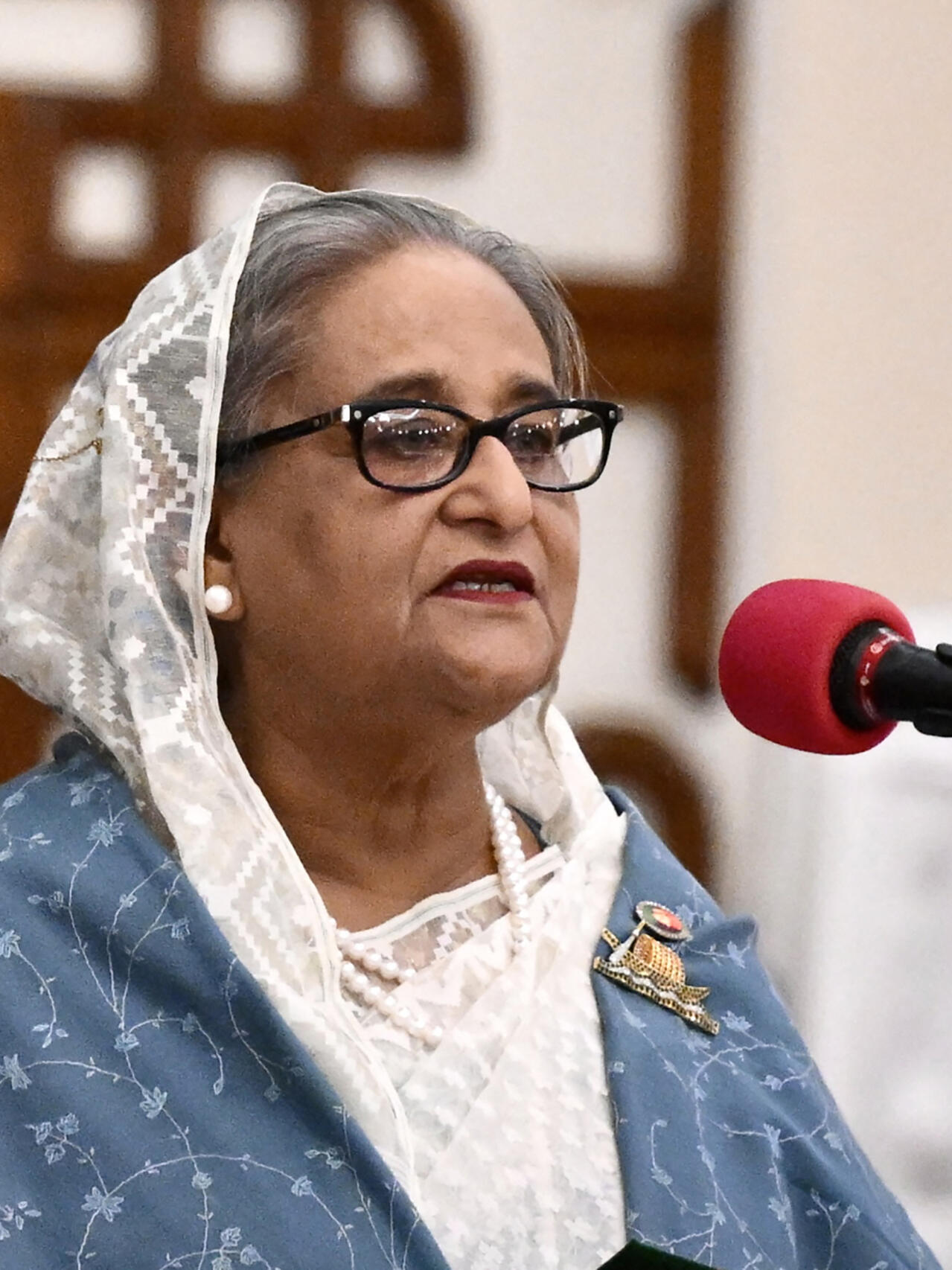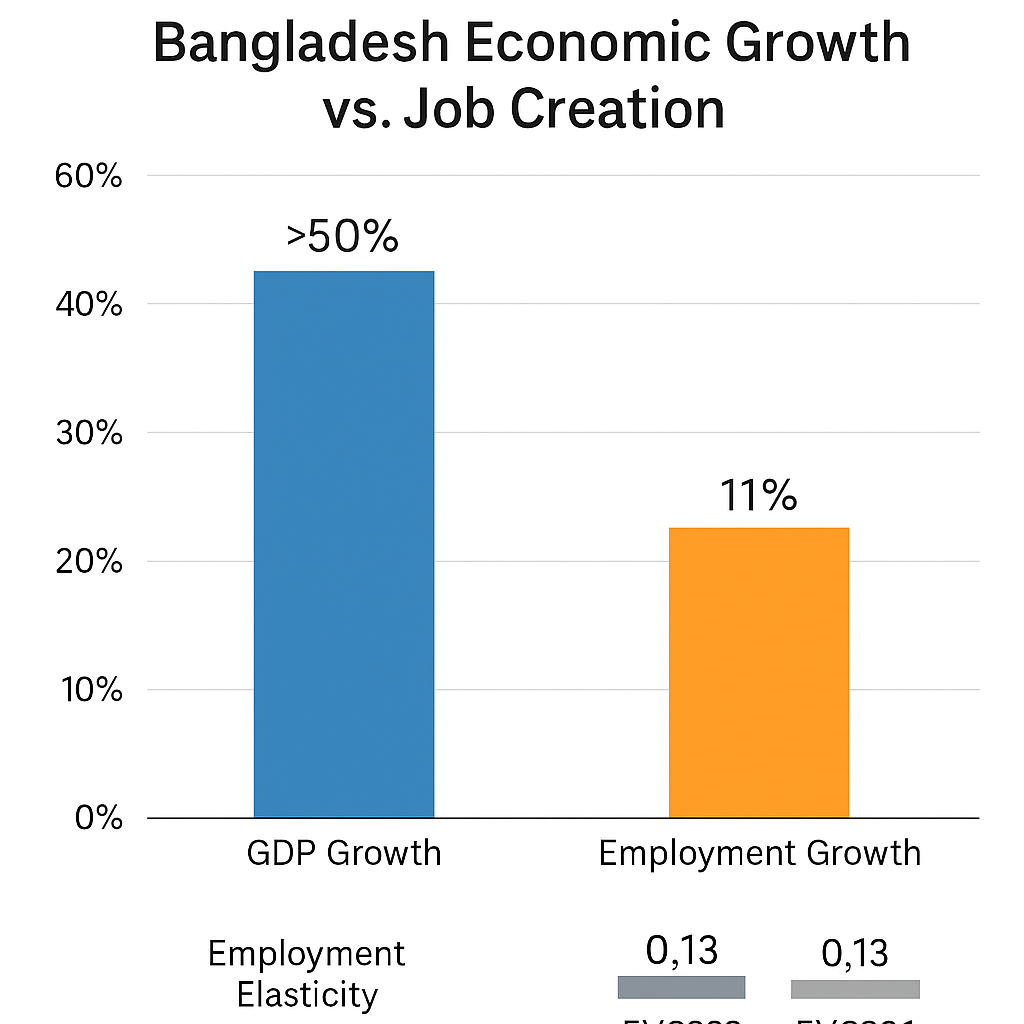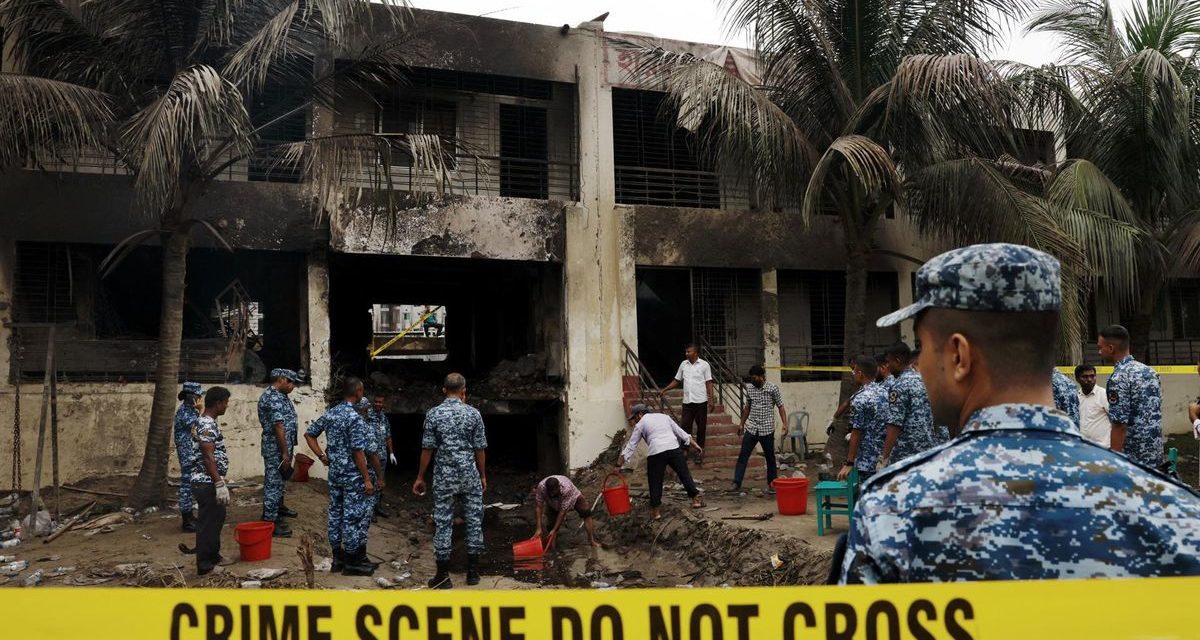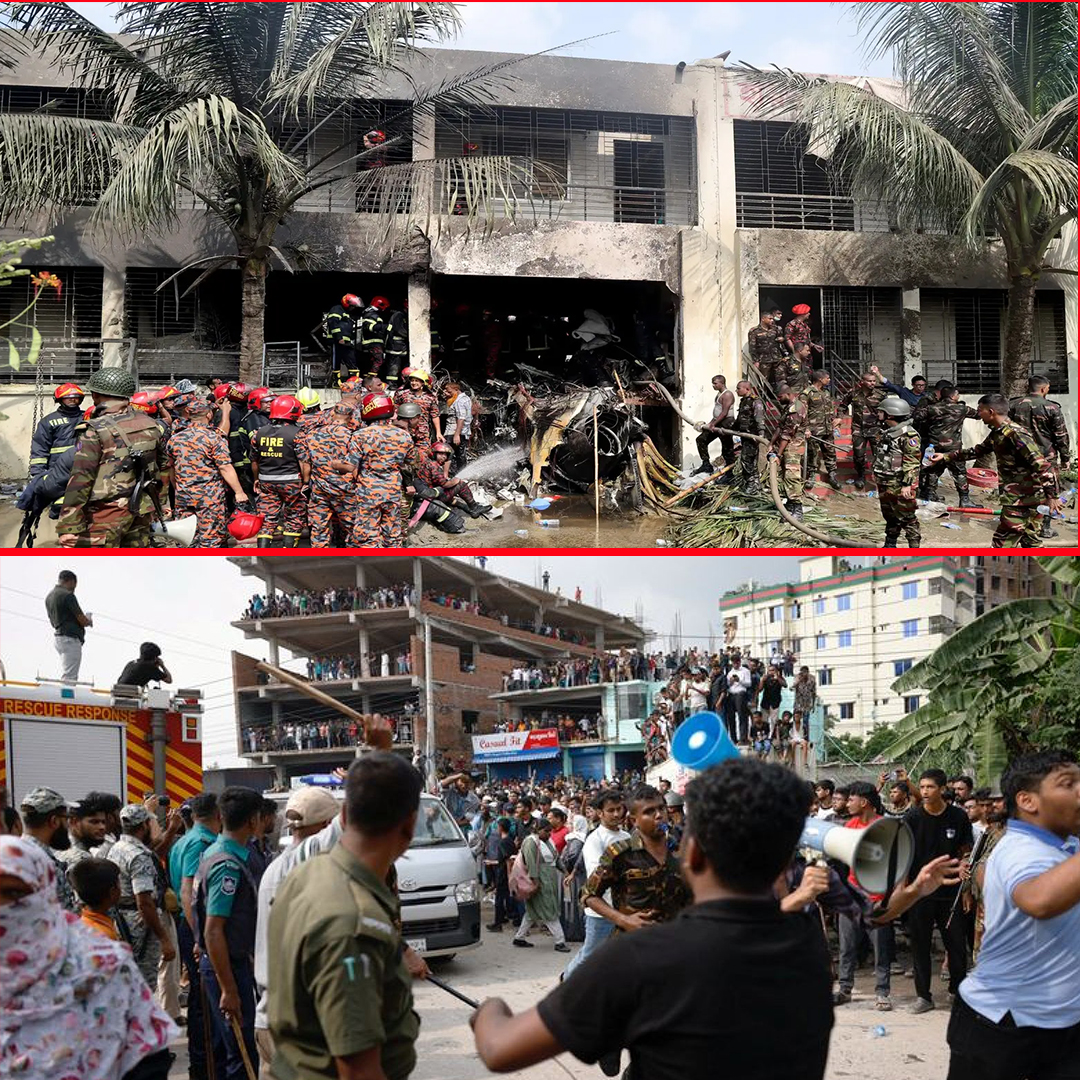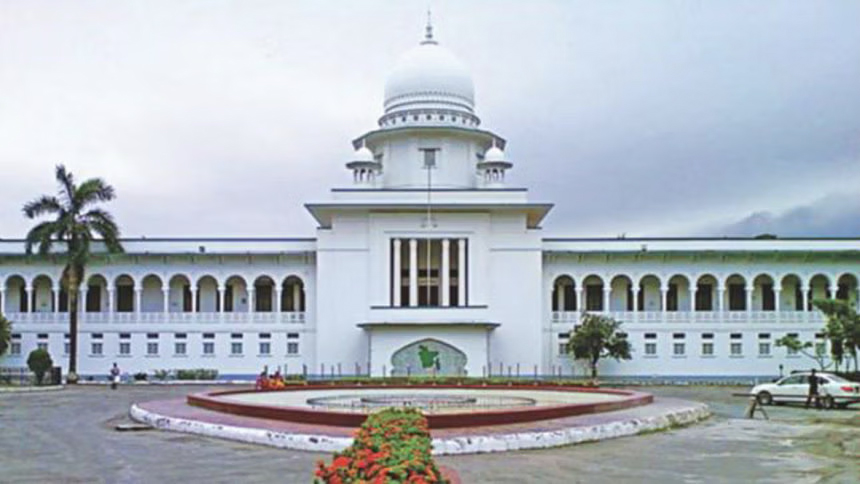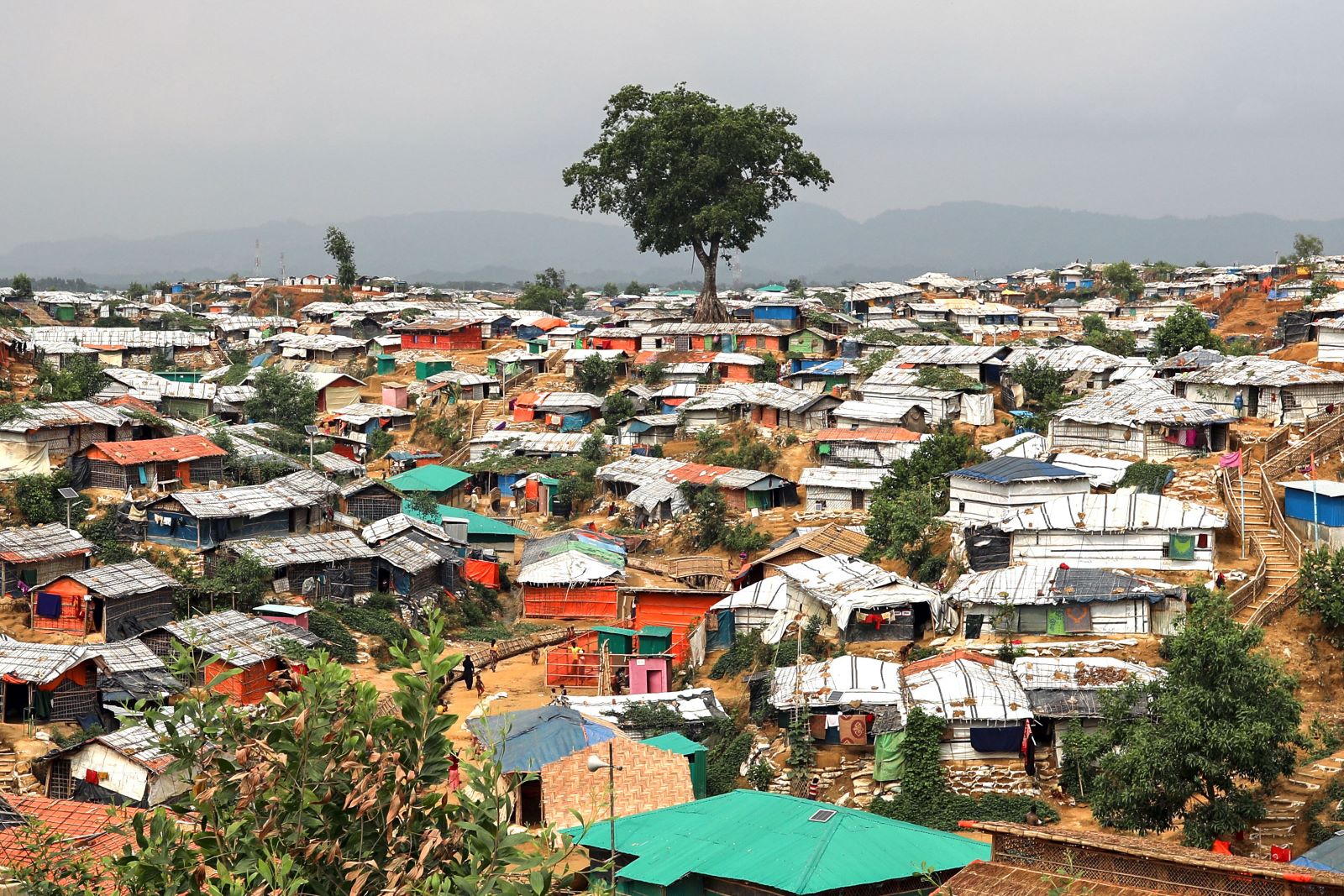
Bangladesh hails overwhelming support for high-level UN conference aimed at solving the protracted Rohingya crisis and urges shared global responsibility
Bangladesh has urged the international community to take urgent and concrete action to resolve the protracted Rohingya crisis after the United Nations General Assembly’s Third Committee adopted a resolution calling for a global high-level conference on the issue. The resolution, co-sponsored by Malaysia and Finland, was adopted with overwhelming support—141 votes in favor, 10 abstentions, and none against. It signals growing international concern over the situation of the more than 1.2 million Rohingya refugees who have been living in Bangladesh since fleeing violence in Myanmar in 2017.
Speaking at the UN headquarters in New York, Bangladesh’s Permanent Representative to the UN, Ambassador Md Salahuddin Noman Chowdhury, welcomed the resolution and called on all UN member states to participate meaningfully in the proposed high-level conference later this year. He stressed that the Rohingya crisis is no longer a regional issue but a global humanitarian and human rights concern, and that Bangladesh cannot continue to shoulder the burden alone. Despite providing shelter, food, healthcare, and education to the refugees for years, Bangladesh has repeatedly warned that the situation is becoming unsustainable due to dwindling international aid and rising pressure on local communities in Cox’s Bazar and other affected regions.
The resolution recommends that the high-level conference be held in September 2025 in New York, on the sidelines of the 80th session of the UN General Assembly. The aim of the conference will be to review the current situation of the Rohingya people, assess the humanitarian and human rights implications of their displacement, and coordinate international efforts toward voluntary, safe, and dignified repatriation to Myanmar. The conference will bring together UN member states, donor agencies, human rights organizations, and regional actors to seek a durable solution to one of the world’s most pressing refugee crises.
In his statement, Ambassador Chowdhury emphasized that while Bangladesh has demonstrated extraordinary humanitarian commitment by opening its borders to the Rohingya, the country is now approaching the limits of its capacity. He noted that the situation in the refugee camps is deteriorating rapidly due to reduced funding and international attention. Food aid, medical services, education, and housing conditions have all suffered significant cutbacks in recent months, with the World Food Programme reporting that only 30 percent of its appeal for 2024 had been met by the end of March. This has forced humanitarian agencies to scale back essential services, putting refugees—especially women and children—at heightened risk of malnutrition, disease, and exploitation.
The Ambassador also criticized efforts by certain nations to dilute the resolution during committee negotiations. Russia had proposed several amendments, which Bangladesh and many other countries rejected. Instead, Bangladesh insisted that the resolution be voted on in its original form. The final vote, which saw broad international consensus in favor of the resolution, was seen as a diplomatic success for Bangladesh, reaffirming the UN’s moral and legal responsibility to address the situation of the Rohingya.
The Rohingya, a stateless Muslim minority from Rakhine State in Myanmar, were forced to flee en masse after a brutal military crackdown in August 2017, described by the United Nations as a textbook example of ethnic cleansing. Since then, nearly a million Rohingya have taken refuge in makeshift camps in Cox’s Bazar, now considered the world’s largest refugee settlement. Over the past six years, there has been little progress in repatriating the refugees due to Myanmar’s refusal to guarantee their safety, rights, and citizenship.
Bangladesh has repeatedly attempted to initiate repatriation through bilateral agreements and regional diplomacy, including through platforms like the ASEAN and the Organization of Islamic Cooperation (OIC), but has faced persistent obstacles. Myanmar’s military-led government has shown no willingness to create conducive conditions for the return of the Rohingya, and the political instability following the 2021 military coup has further worsened the outlook for a resolution.
Adding to the urgency is the recent rise in desperate migration attempts by sea. According to the UN High Commissioner for Refugees (UNHCR), more than 400 Rohingya died at sea in the past year while trying to reach countries like Malaysia and Indonesia in search of better conditions. These perilous journeys underscore the extreme hopelessness prevailing in the camps and highlight the need for a comprehensive international response. Without immediate global action, the crisis could deepen further and destabilize the broader South and Southeast Asian region.
Bangladesh has called for a three-pronged approach to resolving the crisis: sustained humanitarian support for the refugees and host communities, international pressure on Myanmar to ensure a safe and rights-based environment for repatriation, and a multilateral commitment to long-term development in Rakhine State. The upcoming high-level conference is expected to serve as a platform to align these goals and encourage states to pledge resources, political will, and diplomatic leverage to achieve them.
Professor Muhammad Yunus, Nobel Laureate and senior diplomatic adviser to the government, who initially proposed the idea of a global conference during the UN General Assembly session in 2024, reiterated the need for the world to act before the situation becomes irreversible. In his remarks to the press, he stated that the international community cannot afford to let another generation of Rohingya grow up in limbo, stateless and without access to basic human rights.
The resolution’s passage at the UN is a significant milestone for Bangladesh’s diplomatic efforts, but the government has made it clear that resolutions alone will not solve the problem. It is now up to the global community to follow through with meaningful action, funding, and sustained pressure on Myanmar. Only then can the Rohingya crisis move toward a just and lasting resolution.
source : thedailystar


